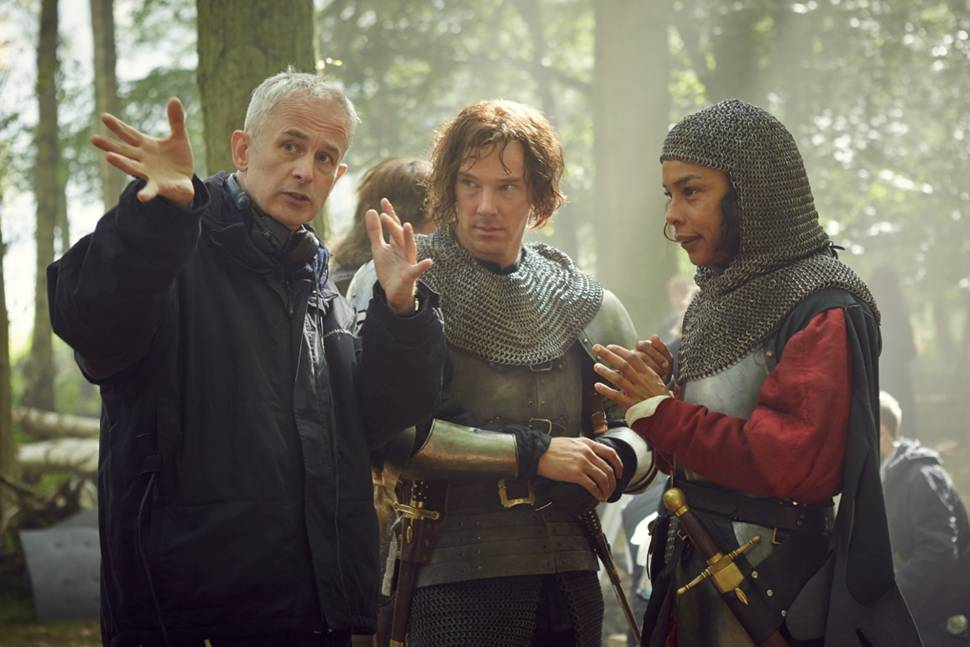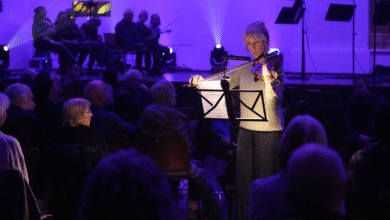Choir Boy, Royal Court
Tarell Alvin McCraney
Directed by Dominic Cooke
★★★★
Pros: Fantastic set design, excellent performances and truly stunning musical interludes.
Cons: If there has to be one, I would say the characters are a little stereotyped, but only a little.
Our Verdict: A wonderful, unique and high quality production at an intimate venue.
 |
| Courtesy of the Royal Court Theatre |
I was wowed the minute I walked into the 80-seat Jerwood Theatre Upstairs. It never ceases to impress me how versatile and creative the stage design can be in this tiny space. On this occasion, I immediately felt like I was in the heart of a traditional boarding school – wood-panelled halls, white tiled shower rooms and carpeted dormitories, balanced and believable, with the audience seated on opposite sides of the stage. The set design is very special and at certain points during the performance you feel like you are part of the play, perhaps a classmate observing what’s going on at the school.
When the play begins it is not what you expect. It is, in fact, an American private high school for boys of colour, celebrating its 50th anniversary, seemingly in the present day. The drama centres around the highly esteemed choir and the personalities, challenges and the politics of the boys in it. There are some pretty serious themes running through the play: homosexuality, colour and identity, tradition and heritage, even politics, manipulation, money and power are present. However this is not a heavy drama: angst, uncertainty and loneliness are delivered with warmth and humour, wit and lots of charm. But what really lifts this performance is the singing.
The singing. What can I say? Soulful, spiritual, harmonious, wonderful singing! Melodious, angelic, beautiful, bewitching singing! Don’t misunderstand, this is not a musical, it is a play punctuated and given depth of meaning by some stunning vocals, completely in context and absolutely relevant. The songs get to the core of what the boys are feeling, to expose the emotions that being away from home in a boarding school must bring. I loved this aspect of the play, it feels really very special and brings tenderness and fragility to an all male cast.
Choir Boy is wonderfully written and very well acted. In fact, the acting is excellent, and I was surprised to find that the cast are British and not American – their accents, US dialect and colloquialisms are flawless. The five actors playing the choir boys are well chosen for their roles, really giving emphasis and credibility to the characters they portray. Dominic Smith captures the highly intelligent, manipulative and effeminate homosexual Pharus Young with aplomb; Eric Kofi Abrefa convincingly plays the masculine and tough Bobby Marrow; Kwayedza Kureya shrinks as the quiet and academically less able Junior Davis; and Aron Julius surprises as the confused and insecure David Heard. Special mention goes to Khali Best who plays the athletic and self assured AJ James, in his professional stage debut. His highly commendable performance is excellent and he brings real sincerity to the one role in the play which defies all stereotypes. The boys all have a back story and there is a lot of depth written into the characters that the actors unfailingly deliver.
And let’s not forget, that as well as notable acting, they also give us that beautiful, magical, resonant singing! (Did I mention the singing?).
This production was commissioned and co-produced by the Manhattan Theatre Club which is a highly accomplished New York theatrical institution. It also has support from some large corporates, and of course has the expertise and the reputation of the Royal Court behind it. What you get as a result is very high quality theatre, wonderful acting, amazing set design and a genuinely unique theatre experience, all for £20. I loved this production and I highly recommend getting a ticket if you can, before it transfers to the US, a more expensive West End theatre or both!
Please feel free to leave your thoughts and opinions in the section below!
Choir Boy runs at the Royal Court until 6th October 2012.
Box Office: 020 7565 5000 or book online at http://www.royalcourttheatre.com/whats-on/choir-boy







I saw it and thought it was amazing! Couldn’t believe that was Khali Best’s first professional debut. Amazing Stuff & would definitely see it again.